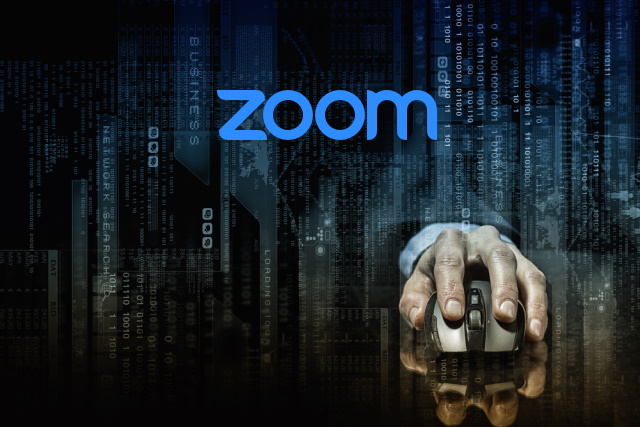Data is more valuable than gold. This is a phrase we hear a lot! But, why is this the case, and who is making the money here?
Data has become extremely valuable over the past years. Researchers say that in the last decade we have produced more data than in our entire history. What do seven out of the top 10 most valuable companies have in common? They are all tech companies that either rely on data for their revenue streams or data strengthens their sustainable competitive advantages. Companies such as Amazon, Google, and Facebook all have the same strategy on collecting and using data.
Why is data so important? Well, data can be used for various reasons. From analyzing why people like cat videos, to which products are better to be sold together to even saving human lives. Yuval Noah Harari said in his book 21 Lessons for the 21st Century that whoever owns the data owns the future. This is not a strange quote as we have all seen what happened during the 2016 US elections. It has been established that Russian hackers interfered during these elections by posting fake news and targeting US citizens by influencing their voting behavior.
So, who generates this valuable data then? We! We are the product that these influential companies are exploiting. Every day hundreds of terabytes of data are created, and it’s only going to become more and more as the estimation is that by the year 2030, there will be 125 billion connected devices in the world. In 2018, the joined revenue of Google, Facebook, and was 236 billion US dollars. Will this become more when we will generate more data in the future? I think it will, but why are we – the product – not being paid for this valuable revenue-generating asset?
Of course, lots of people protect their data from being abused, but many and I mean many people not. The tradeoff between privacy and usage is different for every person. However, why can’t people make a tradeoff between privacy and money? If you need the money and don’t take your privacy so seriously, you should at least be paid for this. This is exactly what some start-ups have made possible. For example, the company Brave Shields is a browser that blocks ads and trackers and gives you the opportunity to decide whether to allow these ads to be rewarded in “basic attention tokens”. Moreover, the company digi.me helps users to store their data created from your Fitbit, Spotify, and social media accounts, and provide insights that were only accessible for large data companies in the past. Another example is UBDI, Universal Basic Data Income, which helps users to collect money by sharing their anonymous insights. Companies buy these studies and users get paid in money or UBDI points.
Thus, will this become the future? Will these multinational companies start paying for our data? Will this be the start of a universal basic income in the AI economy? Or are there other ways we will be compensated for our data generation? Please let me know in the comments what you think!
https://medium.com/@ashjo/how-can-data-be-more-valuable-than-gold-find-out-below-166d844c6664
https://medium.com/swlh/our-personal-data-is-a-lot-more-valuable-than-we-can-imagine-60af3b920da0
https://en.wikipedia.org/wiki/Russian_interference_in_the_2016_United_States_elections


